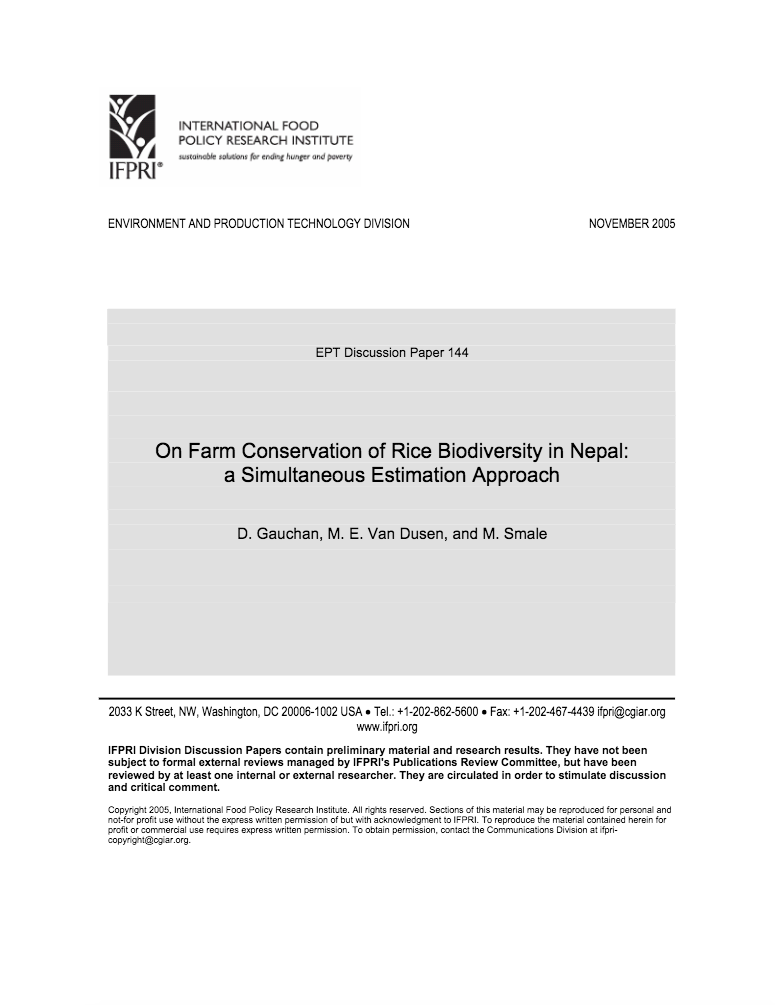Politique National de Développement Durable de l’Agriculture Irriguée. Stratégie, Plan d’Action, Plan d’Investissement à l’horizon 2015.
Ce document a pour objet la Stratégie, le Plan d’Action et Plan d’Investissement à l’horizon 2015, dans le cadre de la Politique National de Développement Durable de l’Agriculture Irriguée.



